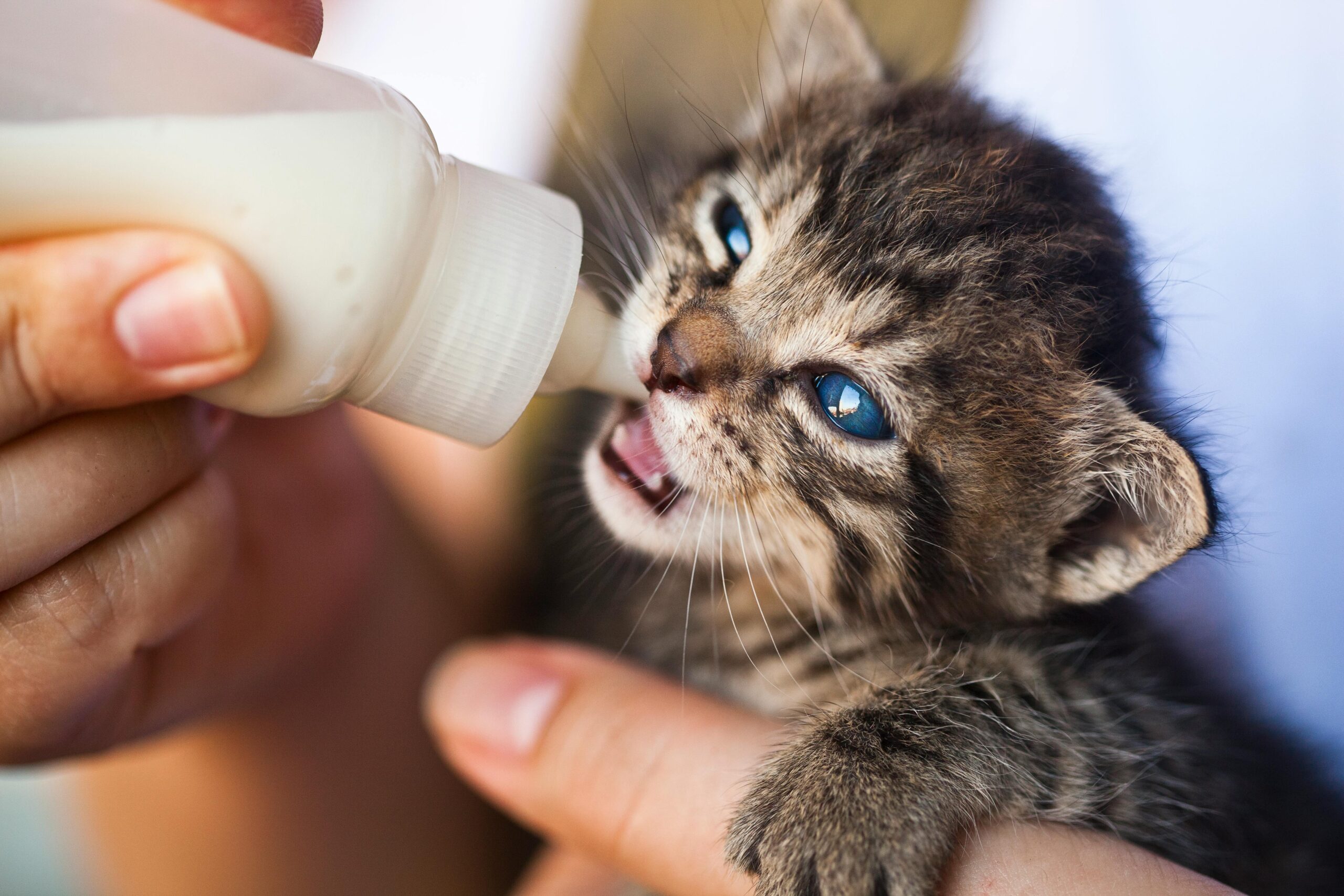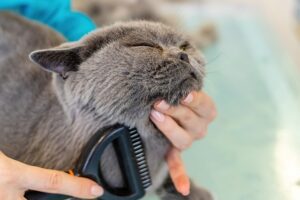Introduction
Having a pet is such a wonderful experience that fills you with heaps of joy, companionship and unlimited love. That said, this comes with the responsibility to care for it and keep it healthy. Whether you are a new pet owner or trying to fine-tune your normal pet care routine, this guide will offer suggestions on how to properly care for your beloved animal.
Understanding Your Pet’s Needs
Each pet species has specific requirements, which means that by understanding these, we can give your furry family the best care.
Dogs
Dogs require physical activity in the form of regular walks, spiked food, brushing and activities that activate their mental capacity. They are people-oriented dogs, and training with them adds to the bond that you have with your dog.
Cats
Cats require less maintenance, but they are not zero-maintenance pets; they still need attention, an appropriate diet and vet care to stay healthy and active through play and some level of mental stimulation.
Birds
They need a roomy cage, a healthy diet, some social interaction and regular mental gymnastics. They also benefit from time out of their cage to fly in a safe space.
Small Mammals and Reptiles
These pets require unique maintenance in terms of habitat and diet. Their welfare requires dedicated research into their unique conditions.
Providing Proper Nutrition
A proper cocktail diet is the so-called basis on which your pet’s health rests.
Dogs and Cats
Opting for high-quality pet food that satisfies their dietary necessities. Growth diets are needed for puppies and kittens, while maintenance diets are for adult pets. Fresh water should be available at all times.
Birds
Birds require a variety of seeds, pellets, fruit, and vegetables. Check with your avian vet to understand the exact combination you should be serving.
Small Mammals and Reptiles
Many of these pets also need specific food, including certain hay for rabbits and bugs for a variety of reptiles. Research their nutritional needs, and discuss with a vet.
Regular Veterinary Care
Regular veterinary check-ups are important, to catch any health problems before they get too serious. Keep your pet up to date with vaccinations and get dental care for them on a regular basis. Dogs and cats need parasite control as well.
Exercise and Mental Stimulation
The well-being of your pet depends on high levels of physical activity and mental engagement.
Dogs
The dog needs regular walks, playtime and training. They need interactive toys, and games to keep them sharp-minded.
Cats
Cats love to climb, chase toys and explore. Use scratch posts, climbing structures and interactive toys so they remain entertained.
Birds
Birds also need toys that stimulate their minds and activities, such as flying in a safe space. It is important to also maintain social interaction.
Small Mammals and Reptiles
Provide an environment loaded with tunnels, hiding spots and interactive elements. Let them move around and explore.
Grooming and Hygiene
Grooming them regularly will keep them in good shape and healthy.
Dogs
Groom your dog by brushing their coat regularly, bathing them only when needed and cutting the nails. Examine their ears and teeth frequently.
Cats
Some long-haired breeds might benefit from a quick brush. Check their ears, teeth and claws regularly.
Birds
Keep their cage cleaned, provide them an outlet for bathing, and trim nails/beaks. Play Timeitarian.
Small Mammals and Reptiles
Kept their habitat clean, allowed them to self-groom, and had their nails and teeth done regularly.
Creating a Safe Environment
All your pet needs is a safe and stress-free environment, for it to have very good health conditions.
Indoors
Be careful to avoid plants that are toxic, chemicals, and small objects that can be swallowed for a safe home. Make sure you have a bed or cage where your pet can rest and play.
Outdoors
Secure the perimeter for outdoor pets Shelter, clean water and protection from harsh weather.
Social Interaction and Bonding
Bonding with your pet, particularly one-on-one time, goes a long way when it comes to improving a pet’s mental health.
Dogs
Dogs thrive on companionship. Play, train, and BE with them.
Cats
Cats like attention when and where they want it. They are independent dogs, so there needs to be time for affection and play.
Birds
Birds are social creatures. Talking to them, playing and letting them be part of your daily life.
Small Mammals and Reptiles
Although they do not need as much attention as dogs or cats so that your pet receives physical contact and social interaction in the usual handling of it.
Conclusion
Taking care of a pet includes knowing what they need and giving them good food, regular check-ups at the vet, exercise, playtime, grooming and making sure that they are in a safe place. Taking the time and effort to look after your pet ensures that they have a healthy, happy life as well as creating a strong bond with you. A happy and healthy pet is a loving and excited friend, who will love to be at your home.




